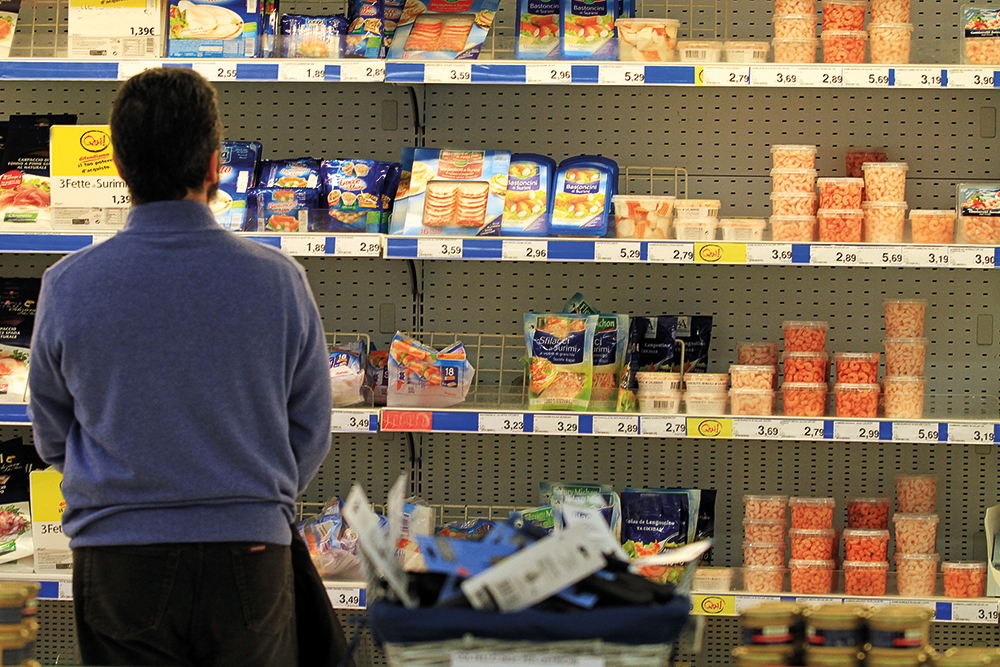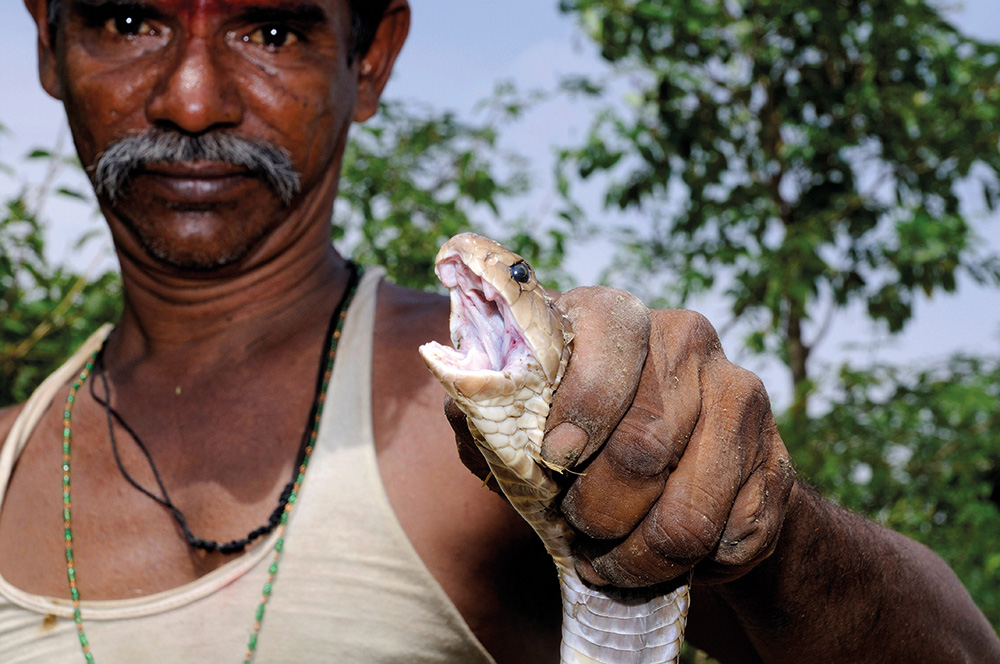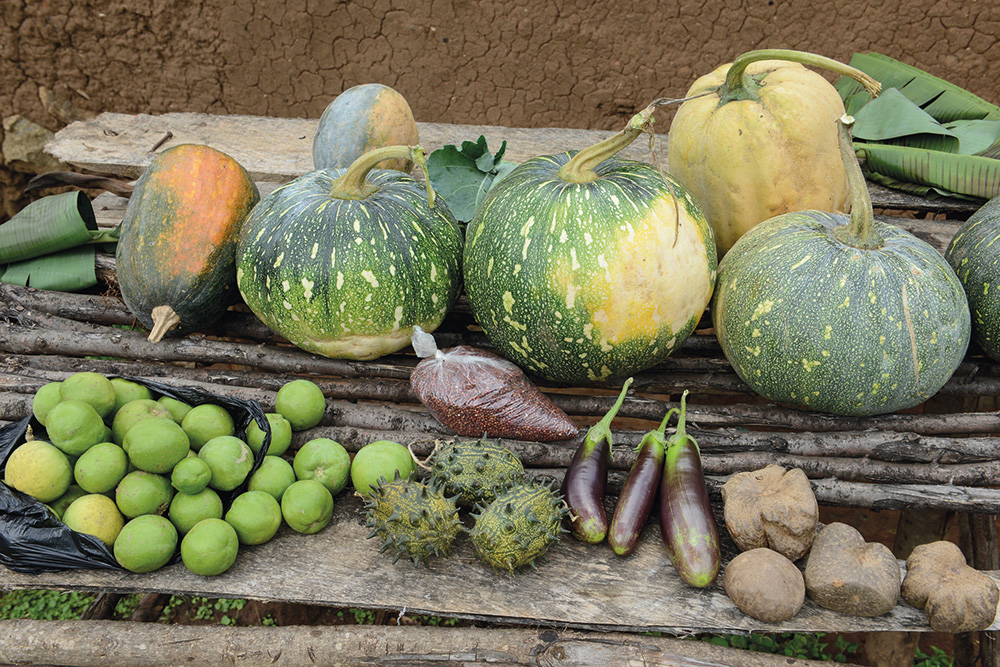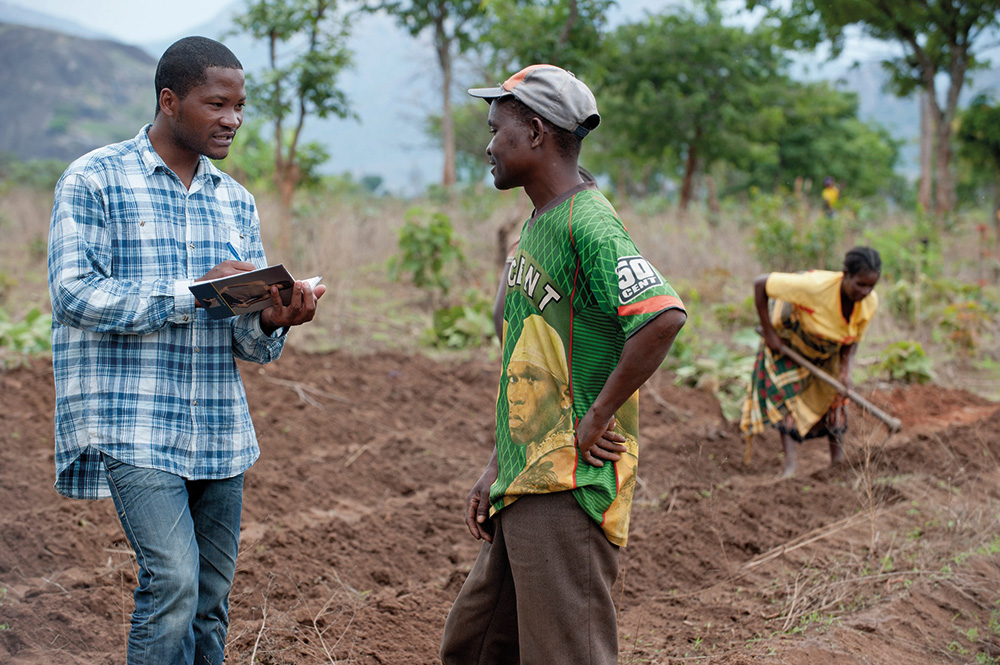DLG-Verlag was founded in 1952 as a subsidiary of DLG e.V. (Deutsche Landwirtschafts-Gesellschaft - German Agricultural Society) with its headquarter in Frankfurt/ Germany. The publishing company provides expertise for the agricultural and food sector.
With its subsidiaries Max-Eyth-Verlag and DLG-Agrofood Medien GmbH the DLG-Verlag offers books and magazines, as well as catalogs of the DLG's international DLG exhibitions.
Members:
Resources
Displaying 31 - 35 of 316Building confidence in certified seafood: the GSSI
The multitude of certification schemes in seafood production has assumed massive dimensions, posing considerable challenges for all actors in the supply chain. Here, the Global Sustainable Seafood Initiative seeks to provide a remedy.
Mauritania: High tech to secure fish stocks
Mauritania’s coastal waters are among the world’s richest fishing grounds. However, just as in many other countries around the globe, the sustainable use of this resource is under threat from illegal fishing and overfishing. KfW contributes to protecting the valuable fishing grounds with the aid of modern surveillance systems and rigorous conservation and species protection measures.
Processing tomatoes in Tanzania: a tale of seeds and ketchup
An ingenious combination of plant breeding, contract farming and processing has enabled smallholder tomato growers to tap new markets in Tanzania’s Arusha Region. Two improved tomato cultivars released from AVRDC lines are at the centre of this success story.
Fitter and healthier with traditional varieties
In Kenya, smallholders are improving the health of their families by growing local cereal varieties and indigenous vegetables. The use of traditional foods is even helping people with HIV/AIDS.
An ambitious post-2015 development agenda will depend on soils
The sustainable management of soils is crucial to achieving the Sustainable Development Goals. This is evidenced by the analysis of the role soils play across the proposed agenda. However, some key aspects have not been sufficiently considered so far. Moreover, the SDGs will place increased demand on soils. Further advocacy is therefore needed to ensure that important soil and land related issues remain in the final declaration of the post-2015 agenda.






